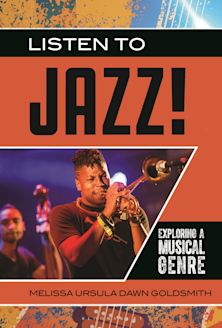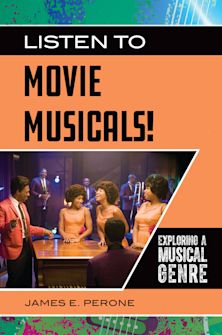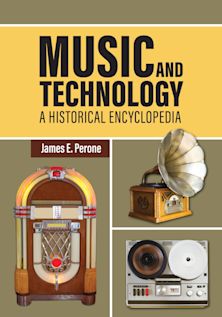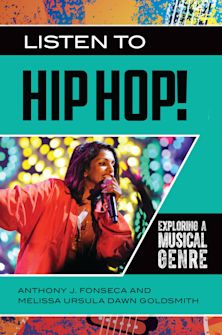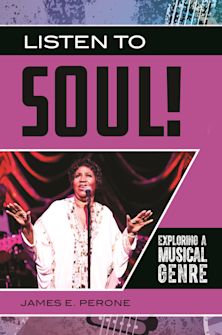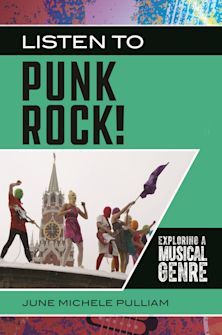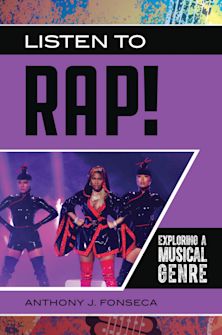A Guide to Library Research in Music
- Textbook
A Guide to Library Research in Music
- Textbook
This product is usually dispatched within 2-4 weeks
- Delivery and returns info
-
Flat rate of $10.00 for shipping anywhere in Australia
Description
A Guide to Library Research in Music introduces students to the process and techniques for researching and writing about music. It provides examples of different types of writing, offers a thorough introduction to music literature, describes various information-searching methods and library-based organizational systems, and explores the wide array of music resources.
This second edition discusses the latest innovations in library catalog searching, new matters in digital technology, and the expansion in musical genres for library research. The book’s organization allows for three independent tracks of study.
Part 1 treats essentials of the research process, explaining starting-point resources such as library catalogs, dictionaries, and bibliographies. It addresses scholarly documentation, the use of style manuals, and basics of copyright.
Part 2 develops skills and strategies for library- and Internet-based research, describing database structures and library catalogs, subject searching in catalogs and journal indexes, keyword searching techniques, related-record searching and citation databases, and the use of experts and thematic catalogs.
Part 3 discusses the organization of a music library, emphasizing score collections, books and journals in music literature, and music teaching publications.
Table of Contents
How to Use This Book
Acknowledgments
Part 1 The Short Course: Music Research and Writing
Chapter 1 The Research Process
Chapter 2 Starting-Point Resources: Reference Books
Chapter 3 Starting-Point Resources: Journals
Chapter 4 Starting-Point Resources: Bibliographies
Chapter 5 A Case Study
Chapter 6 Scholarly Writing
Chapter 7 Writing Samples
Part 2 How To: Discover and Use Resources
Chapter 8 Browsing as a Discovery Strategy
Chapter 9 Databases: Structured for Searching
Chapter 10 Subject Searching in Library Catalogs: Controlled Vocabulary
Chapter 11 Subject Searching in Indexes and Abstracts
Chapter 12 Keyword Searching
Chapter 13 Related-Record Searching and Citation Indexes
Chapter 14 Other Discovery Methods: Experts and the Internet
Chapter 15 Using Thematic Catalogs
Part 3 Resources: The Literature of Music
Chapter 16 M: The Music-Scores and Recordings
Chapter 17 ML: Music Literature
Chapter 18 MT: Instruction and Study
Appendix 1 Form Subdivisions: A Selective List from the Library of Congress Subject Headings
Appendix 2 Outline of the Library of Congress M-Class
Appendix 3 Topical Guide to Music in the Library of Congress Classification
Appendix 4 Bibliographies by Topic in ML128
Bibliography
Product details
| Published | 20 Feb 2020 |
|---|---|
| Format | Paperback |
| Edition | 2nd |
| Extent | 288 |
| ISBN | 9781538113394 |
| Imprint | Rowman & Littlefield |
| Illustrations | 3 b/w illustrations; 2 b/w photos; 13 tables; 21 textboxes |
| Dimensions | 250 x 179 mm |
| Publisher | Bloomsbury Publishing |
Reviews

ONLINE RESOURCES
Bloomsbury Collections
This book is available on Bloomsbury Collections where your library has access.












